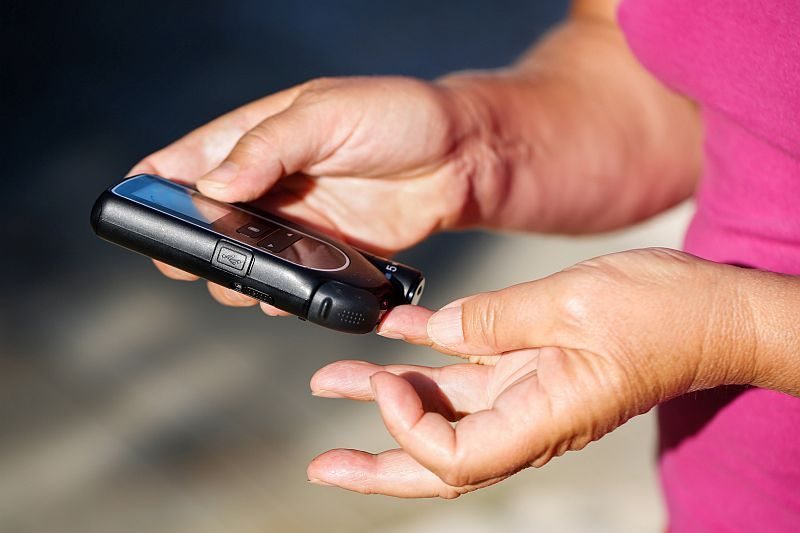Original article published by HealthDay News on May 12, 2016. Click here to read the original article.
Artificial pancreas linked to three-fold reduction of time-in-hypoglycemia for 5- to 9-year-olds
THURSDAY, May 12, 2016 (HealthDay News) — A child-specific version of the modular model predictive control (MMPC) algorithm is feasible and safe for 5- to 9-year-old children with type 1 diabetes, according to the first outpatient single-hormone artificial pancreas (AP) trial in a population of this age, published online May 10 inDiabetes Care.
Simone Del Favero, Ph.D., from the University of Padua in Italy, and colleagues conducted an open-label, randomized, crossover trial involving 30 children, aged 5 to 9 years, with type 1 diabetes. The authors compared three days with an AP with three days of parent-managed sensor-augmented pump (SAP).
The researchers observed a reduction in overnight time-in-hypoglycemia with the AP versus the SAP (median, 0.0 versus 2.2 percent; P = 0.002), with no significant change of time-in-target (56.0 and 59.7 percent, respectively; P = 0.430); there was an increase in mean glucose (173 versus 150 mg/dL; P = 0.002). The AP was associated with a three-fold reduction of time-in-hypoglycemia (P < 0.001) at a cost of reduced time-in-target (P = 0.022) and increased mean glucose (P < 0.001).
“This trial, the first outpatient single-hormone AP trial in a population of this age, shows feasibility and safety of MMPC in young children,” the authors write. “Algorithm retuning will be performed to improve efficacy.”
Several authors disclosed financial ties to pharmaceutical and medical device companies, several of which provided equipment for the study.




